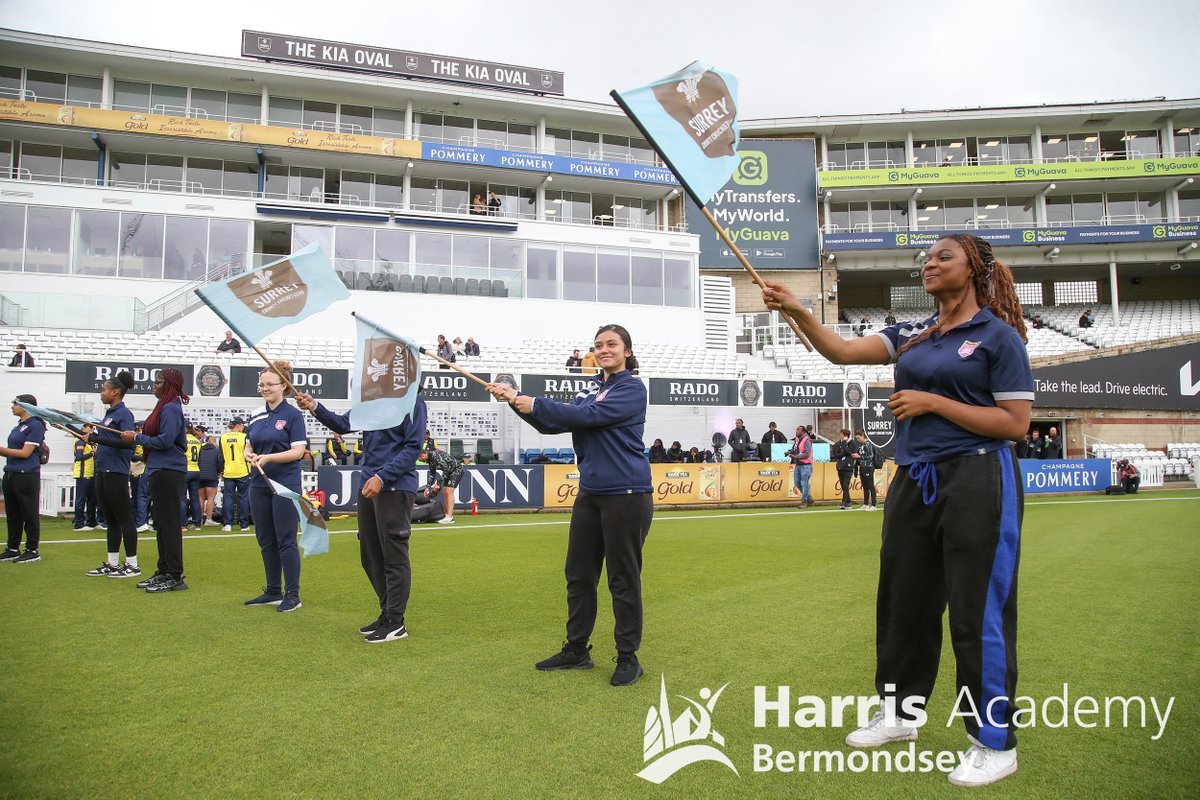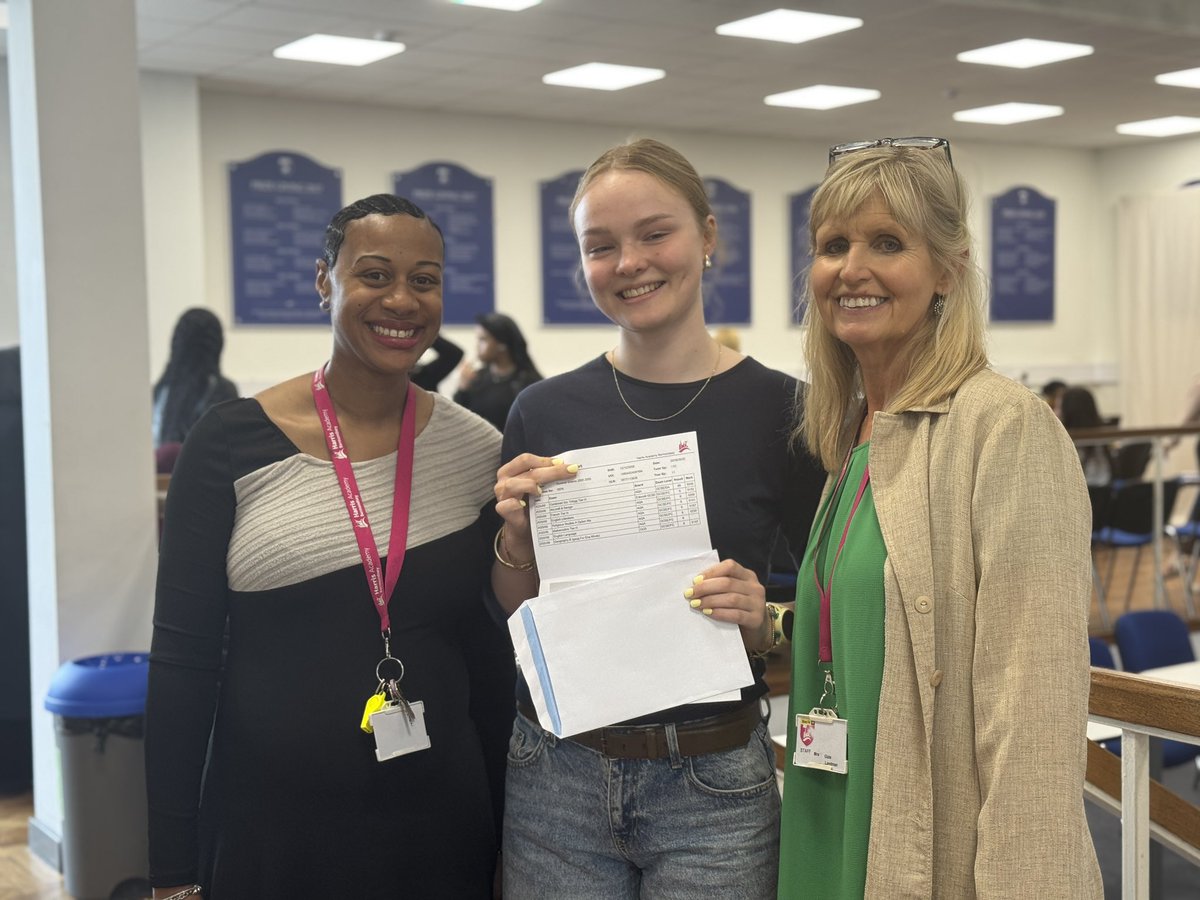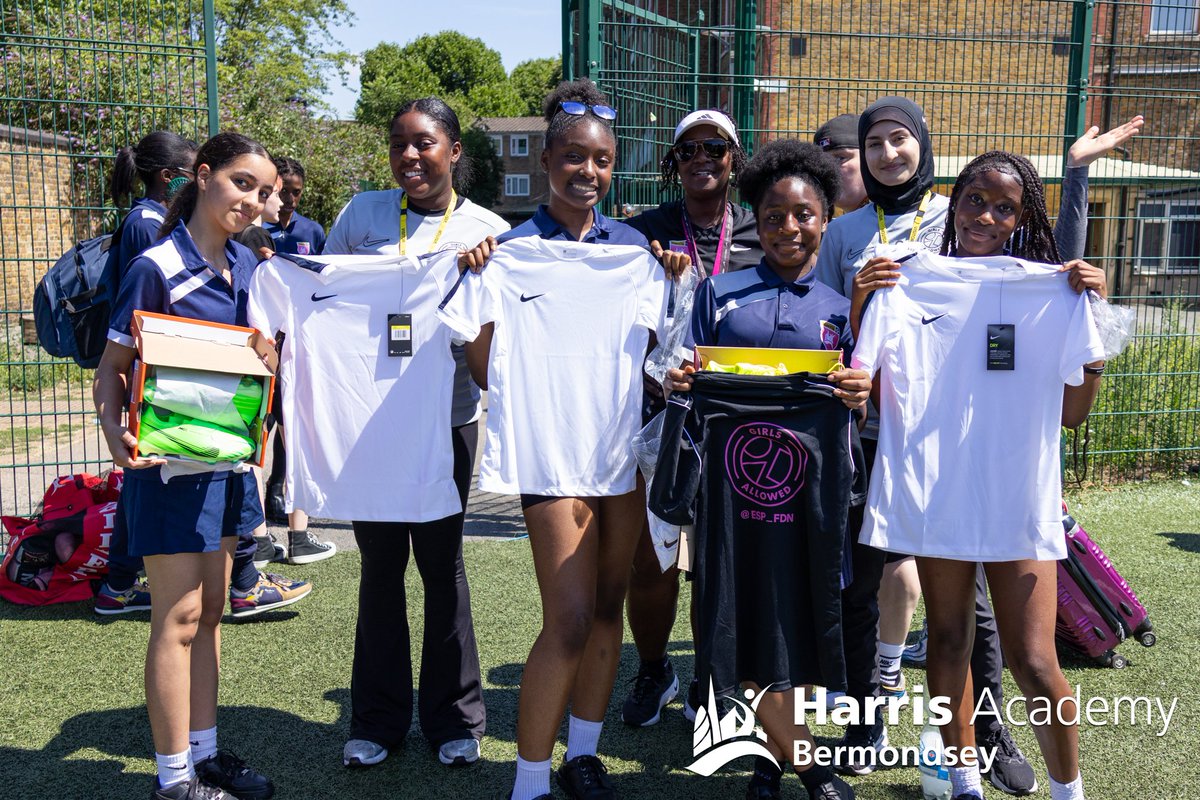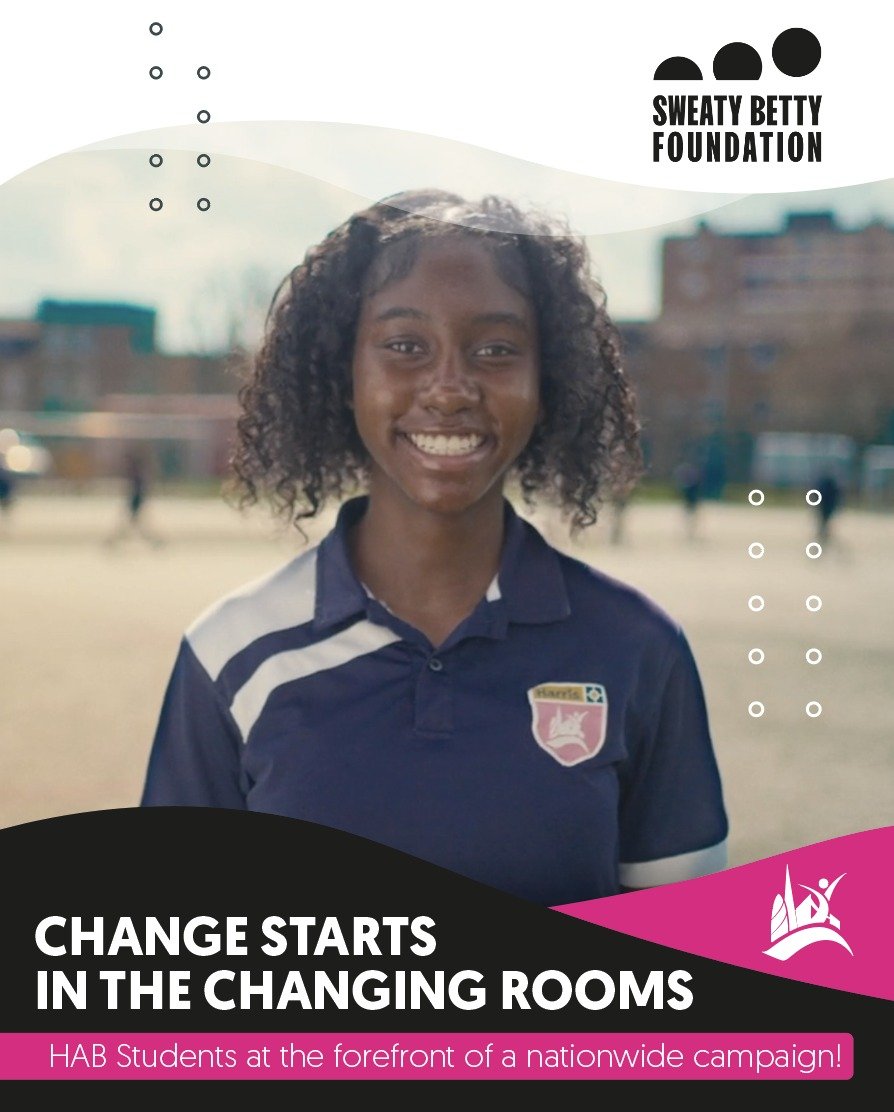Drama
The Drama curriculum at HAB, as with all those of the Arts Faculty, has been designed to inspire personal expression and creativity therefore allowing our students to recognise the impact of drama socially, politically, historically and culturally throughout history and into the present day.
Drama as a subject was integrated into school’s curriculums following The Education Act of 1944, which recast education in Britain as a universal system offering opportunity to all sectors of society.
Drama has the power to help with the development of speech, movement and confidence and serves as a cross-curricular tool ‘giving an opportunity for each child to develop to the full their mental and physical resources’ (Hodgson and Banham, 1972). The ‘power of immersive play’ affords children the opportunity to safely engage with issues – allowing them to reflect and analyse - whilst positively distancing themselves by pretending to be someone else and expressing themselves through those characters. At HAB, the drama curriculum has been designed with these same positive and powerful social, emotional, moral, spiritual and cultural intentions.
The curriculum at both KS3 and KS4 is broad whilst also remaining rigorous, ensuring that students develop both their practical and theoretical knowledge and skills. The structure, both within the Key Stages and across them, ensures scaffolded knowledge progression through a largely vertical structure and a development of concepts and subject-specific skills.
Drama exploration skills
Initially, the curriculum ensures that students are given the opportunity to develop as devisers, through using substantive drama exploration skills alongside stimuli that is rich in content such as poetry from other cultures or the exploration of historically significant play texts.
As the years progress, devising is returned to in the spiral curriculum structure, moving from the initial core threshold concepts to ever-increasingly complex knowledge surrounding devising processes in theatre, such as through the most current methods embraced by Frantic Assembly, Complicite and Alecky Blythe. Students will develop their understanding on how to use these methods within their own creativity, and to re-implement them as original hybrids within the curriculum model from Year 9 onwards.
In each year the students move from units on devising to then developing their understanding and abilities as actors working with material that has already been developed/ scripted. In Year 8 onwards they will do this developing understanding of more complex rehearsal techniques through exploration of classical methodology and practitioners, such as Stanislavski’s ‘system/method’, Brecht, Boaland Berkoff. To facilitate the development of acting skills and understanding, a wide range of plays are explored alongside practitioners and rehearsal methodologies.
Clasical theatre
In Year 7 & 8 this is in the form of exploration of key scenes rather than entire plays, for example Kindertransport and Blood Brothers. These explorations will also embrace cross-curricular links to English Literature in developing understanding on how to interpret a writer’s intention. Texts from classical theatre such as The Crucible, to modern examples such as Noughts and Crosses, are explored from years 9 onwards in full, continuing to open up a range of styles to students. Each rehearsal and reflection upon outcomes thereafter aims to encourage an informed and open, yet questioning approach to the craft in order to develop independently-minded practitioners with versatility.
Each year students also develop their hinterland and disciplinary knowledge in units exploring methods and texts from drama and theatre’s historical traditions. In Year 8 for example students explore Shakespearean key scenes from across a range of his most notable works. In these historical blocks of the drama curriculum, students develop the knowledge of how the past traditions have influenced the present.
In both devising and exploring texts, students are afforded lessons that offer different historical, social, political and cultural stimuli.
Independence and reflective learners
The lessons’ activities enable HAB girls to work collaboratively to generate, develop and communicate ideas; the curriculum also develops independence and reflective learners who can make informed choices in process and performance. Throughout, students are afforded the security to express ideas recognising that interpretation is not definitive but ephemeral; subjectivity and objectivity within Drama, and indeed the Arts as a whole, is explored and celebrated throughout the curriculum model.
The curriculum is highly practical, however, drama is an intellectual discipline too with a need for understanding and ideas to be explored, researched and communicated in written form. Students exiting units write informed evaluations with subject-specific terminology embedded from the outset. They engage in written analysis of how to perform and evaluate the performance of scripted material and how to direct. All writing links to the practical, cementing concepts and increasing the depth of the understanding. There are also multiple opportunities to experience live theatre and to develop understanding on how to critically understand and be positively influenced by these experiences. Students are also encouraged to enquire and explore beyond the lesson, recognising, as with the curriculum intent throughout HAB: 'what is taught is not all that there is to know'.
The effects of the curriculum in Drama extends beyond the lesson, enabling students to positively and confidently engage throughout the school and local community, and indeed further into the world and their future paths. British and family values, including the importance of showing respect and kindness, tolerance and understanding of all cultures and communities runs throughout the curriculum model.
The curriculum plan for all years can be downloaded below.
Documents
| Drama Progression Map | Download |





















